Cheugy is nn ubiquitous descriptor for anything that is deemed outdated, uncool, or no longer in vogue. Cheugy items can range from graphic tees with slogans to specific home decor styles, and even overdone Instagram trends. The term is often used humorously to poke fun at trends that have overstayed their welcome.
What is Cheugy?
In the ever-changing landscape of social media, a new term has emerged to describe the outdated and uncool: “cheugy.” This slang term has taken the online world by storm, serving as a humorous critique of trends that have overstayed their welcome. But what exactly constitutes “cheugy,” and how can individuals avoid being labeled as such? As we explore the concept of cheugy, we’ll uncover its origins, evolution, and the trends that have earned this dubious distinction. The question remains: are you cheugy, and what can you do to stay relevant in the fast-paced world of social media?
Understanding Cheugy
In the realm of internet slang, the concept of ‘cheugy’ has emerged as a cultural critique, serving as a humorous yet poignant commentary on the fleeting nature of trends and styles.
This term, pronounced as ‘chew-gee,’ has become a ubiquitous descriptor for anything that is deemed outdated, uncool, or no longer in vogue. Cheugy items can range from graphic tees with slogans to specific home decor styles, and even overdone Instagram trends. The term is often used humorously to poke fun at trends that have overstayed their welcome, highlighting the ever-evolving nature of internet slang.
The concept of cheugy speaks to the ephemeral nature of online trends, where what’s cool today can be cringe-worthy tomorrow. It serves as a reminder that styles and trends are constantly shifting, and what’s considered ‘in’ can quickly become ‘out.’
Origins and Evolution
The term ‘cheugy’ has a fascinating history, tracing back to its coinage by a high school student in 2013, before experiencing a resurgence in popularity on TikTok in 2021. Initially, the term remained relatively underground, but its meaning and significance evolved over time.
As internet slang continues to evolve, ‘cheugy’ has become an integral part of the online lexicon, adopted by various online communities and media outlets.
The pronunciation of ‘cheugy’ is ‘chew-gee,’ with the word ‘chew’ followed by a soft ‘gee’ sound. The term’s evolution is a testament to the dynamic nature of internet culture, where trends and slang emerge, spread, and sometimes fade away.
‘Cheugy’ has managed to transcend its early days, becoming a widely recognized and relatable concept that reflects outdated trends or items that are no longer considered stylish.
As social media platforms continue to shape our online interactions, the story of ‘cheugy’ serves as a fascinating case study on the power of online communities in shaping language and culture.
Identifying Cheugy Trends
Characterizing trends as cheugy typically involves recognizing outdated or overused elements that have lost their appeal or relevance. This can include fashion styles, home decor choices, and social media trends that were once popular but have since become clichés.
Identifying cheugy trends requires a keen sense of what is currently considered cool and what is not. By recognizing these outdated elements, individuals can avoid being labeled as uncool or outdated.
Common examples of cheugy items include certain fashion styles, such as oversized clothing or excessive use of logos, and home decor choices, like overused wall art or cluttered spaces. Social media trends, such as using outdated hashtags or participating in tired challenges, can also be considered cheugy.
Identifying these trends can help individuals stay current and avoid being seen as trying too hard to be trendy. By being aware of what is considered cheugy, individuals can update their style, decor, and online presence to reflect current cultural norms and avoid being labeled as uncool.
Related Internet Slang
Beyond ‘cheugy,’ other internet slang terms have emerged to describe related concepts, such as ‘mid’ and ‘normie,’ which also critique mainstream or unoriginal tastes. These terms, like ‘cheugy,’ reflect the internet’s penchant for labeling and ridiculing cultural phenomena deemed uncool or basic.
‘Mid,’ for instance, is used to describe something that is mediocre or lacking in originality, often implying a lack of effort or creativity. Similarly, ‘normie’ refers to someone who conforms to mainstream standards, lacking individuality or edge. These terms, along with ‘cheugy,’ have become integral to online discourse, allowing users to quickly identify and mock cultural trends that are perceived as unoriginal or passé.
The proliferation of these terms highlights the internet’s role in shaping language and cultural norms, as well as its ability to rapidly create and disseminate new slang. By embracing these terms, online communities can establish a sense of shared knowledge and cultural savvy, further reinforcing the internet’s influence on language and culture.
Staying Ahead of the Curve
Frequently, internet slang terms like ‘cheugy’ emerge and evolve rapidly, forcing individuals to stay vigilant to remain culturally relevant and avoid being labeled as out of touch.
The rapid rise of ‘cheugy’ from its 2013 origins to its 2021 TikTok popularity is a testament to the fast-paced nature of online trends.
To stay ahead of the curve, it’s essential to be aware of the current cultural landscape and adapt quickly to changes. This means being open to learning about new slang terms, understanding their meanings, and incorporating them into online interactions.
By doing so, individuals can avoid being seen as ‘cheugy’ and maintain their relevance in the online community.
Additionally, staying ahead of the curve involves being mindful of the trends and items that are no longer considered cool, such as graphic tees with slogans or overdone Instagram trends.
